News
SAFE raises concerns over EU directive to avoid false green claims
5 Apr 2023
Following the release of the European Commission’s proposal to avoid false and misleading green claims, Safe Food Advocacy Europe (SAFE) is calling for updates to prevent consumer confusion and exploitation.
On 22nd March 2023, the European Commission (EC) accepted and adopted a proposal for a Directive on green claims. The update to consumer law strives to ensure consumers are protected and empowered to contribute actively to the green transition.
The new Green Claims Directive requires companies that want to use green claims for their food and drink products to substantiate such claims and to communicate their products’ environmental impact.
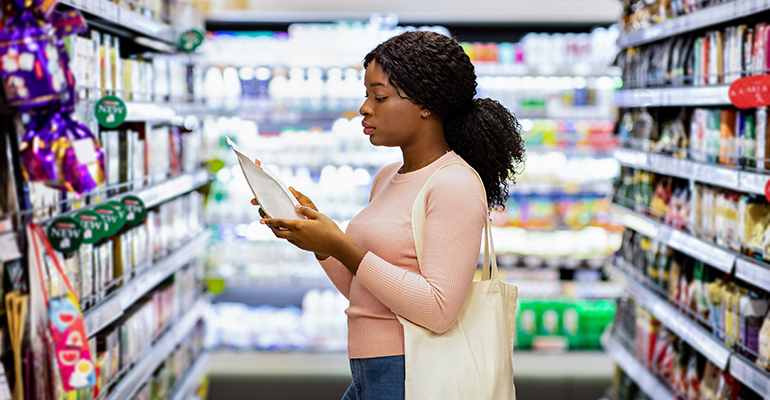
As well as tackling greenwashing by regulating how companies substantiate and communicate their green claims, these claims will be comparable and verifiable across the European Union (EU). In doing so, the Directive hopes to help consumers make more sustainable decisions and increase consumer confidence in green labels and information.
The headlines
“What SAFE welcomes is the European Commission's commitment to protecting consumers from false and misleading claims by asking industry players to give a sound justification to these claims,” says Floriana Cimmarusti, secretary general of SAFE on what the Directive proposal on green claims is doing right.
Many citizens aspire to support the green transition through responsible consumption choices and seek assurance regarding the claims made. It is this sense of responsibility on the part of citizens that must be supported with measures that enable them to put truly virtuous consumption patterns into practice, Cimmarusti says.
The implementation of these measures and subsequent consumption patterns need to occur, Cimmarusti adds, “without subjecting them to the threat of being commercially exploited for their admirable aspirations”.
However, recent statistics suggest this remains elusive. While more than half of EU consumers aim to make sustainable purchasing choices, there is a proliferation of labels and claims related to environmental information and methods to measure and assess environmental impacts. In 2021, the European Commission found that 42% of green claims in Europe were exaggerated, false or deceptive.
Impact on industry
Under the current proposal presented by the EC, food and drink manufacturers who want to use green claims on labels to market their products will need to justify such claims with scientific evidence before communicating them. Failure to do so may result in penalties, including fines or even confiscation of revenues.
Regarding the intended methodology, it should be noted, Cimmarusti says the integration of the Product Environmental Footprint method (PEF) as a reference tool for companies to support their claims will not be applicable in sectors like food. The PEF reference tool, in the context of food, “fails to accurately capture all the relevant impacts”. In such cases, companies making claims will have the flexibility to adopt alternative methodologies, subject to verification by national authorities.
Clarity for confidence
SAFE is calling for a stricter stance on food products. “We have seen a proliferation of green claims on food products,” says Cimmarusti. Such claims include 100% natural, carbon neutral, and bee-friendly.
“Consumers are attracted by these claims, which influence their consumption choices because they want to eat more healthily and sustainably.” Yet, without transparent and correct information, “there is no real choice”.
Instead, consumers think they have bought a healthy and sustainable product when they have only fallen into a marketing trap. Consider, in particular, the case of labels promoting food as 'natural', an issue SAFE is committed to through an awareness-raising campaign, WeValueTrueNatural.
Since there is no explicit regulation prohibiting it, foods marketed as 'natural' may contain ingredients derived from synthetic sources, even if a natural alternative exists for the same substance. “That is often the case, for instance, for citric acid, ascorbic acid, pectin, and in general for the substances indicated as 'natural flavourings and colourants',” says Cimmarusti.
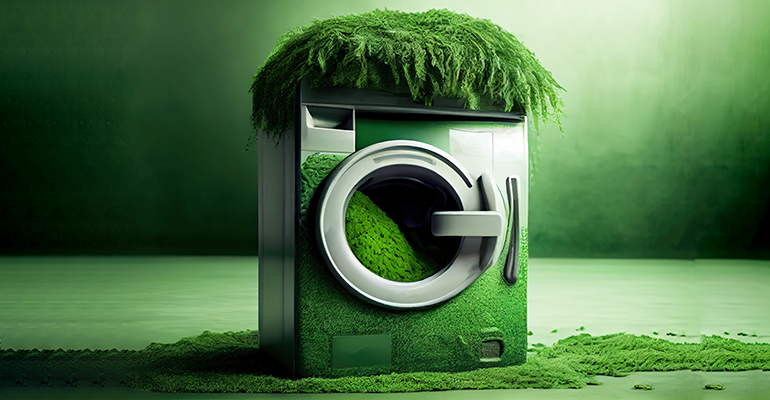 © AdobeStock/Axel Bueckert
© AdobeStock/Axel Bueckert
The inclusion of synthetic ingredients can also result in the product being non-biodegradable, and consumers should be mindful of such products while purchasing food and drink products.
Calls to end potential confusion and exploitation
In addition to the obligation to justify green claims on a scientific basis, SAFE calls for a very strict attitude towards natural claims for food products. In particular, it asks to differentiate synthetic substances from natural ones by adding a (*) on labelling.
The aim of this is, Cimmarusti says, “to ensure that characteristics of a product such as 'biodegradability' are considered when allowing a sustainability label as to allow consumers [to] have a broad view on products’ performances”. In addition, it is to ensure the proposed legislation is harmonised with the General Food Law and other food-related policies.
SAFE has concerns about the transparency of the future food and drink industry. “The main concern is that regulatory gaps or conflicts remain that allow companies to exploit consumers' responsible attitudes for commercial purposes,” says Cimmarusti. Also, SAFE is worried that consumers will continue to be confused by misleading labels and buy products that do not reflect their intentions.
Related news

UK Government overhauls childhood obesity strategy
21 Nov 2025
The UK Government has announced a new package of measures designed to reverse the nation’s childhood obesity epidemic following the release of statistics revealing the scale of the crisis.
Read more
How younger consumers are redefining ingredient choices and rejecting brand loyalty
18 Nov 2025
Gen Z and millennial consumers’ preferences for transparency, functionality, and purpose are “redefining the very nature of consumption itself”, says SPINS.
Read more
New UPF standard hoped to offer consumers ‘coherence and clarity’
10 Nov 2025
Ingredients companies are being urged to enter “a new era of partnership and innovation” following the launch of the industry’s first non-UPF verification scheme.
Read more
Ingredient quantities mislabelled on popular protein bars, independent tests show
5 Nov 2025
Some popular protein bars contain more fat, carbs, and/or sugars than claimed on their labels, independent nutrition testing reveals.
Read more
Does promoting protein content push up plant-based sales?
27 Oct 2025
Promoting the protein content of meat-free products is a more effective sales strategy than adding carbon labels, a study of UK bakery chain Greggs suggests.
Read more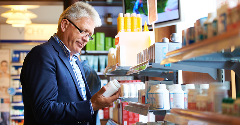
Supplement shoppers seek storytelling and science-backed suppliers
17 Oct 2025
Supplement consumers want specific health benefits that focus on prevention and personalisation, according to data from HealthFocus International.
Read more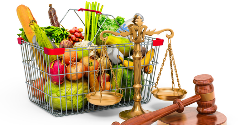
Food fraud risks rise as brands fight economic and environmental headwinds
10 Oct 2025
Climate change, geopolitics, regulations, and demand for sustainable products are pushing up food fraud and adulteration risks, warns a world-leading food fraud expert.
Read more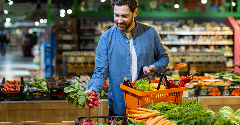
The growing appeal of nutrient-dense food claims
2 Oct 2025
Nutrient-dense claims are rising as consumers reject the “empty calories” of UPFs in favour of products that provide meaningful nutrition with every calorie, Mintel data shows.
Read more
What does MAHA mean for the US nutraceutical industry?
30 Sep 2025
Industry associations have expressed mixed reactions to new policy directions on health and nutrition under the Make America Health Again (MAHA) banner.
Read more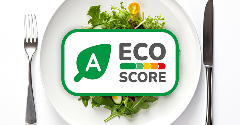
Eco-Score labels improve consumer identification of sustainable foods
22 Sep 2025
The presence of a front-of-pack Eco-Score label improves consumers' accuracy in identifying sustainable food products from 52% to 72%, a study suggests.
Read more